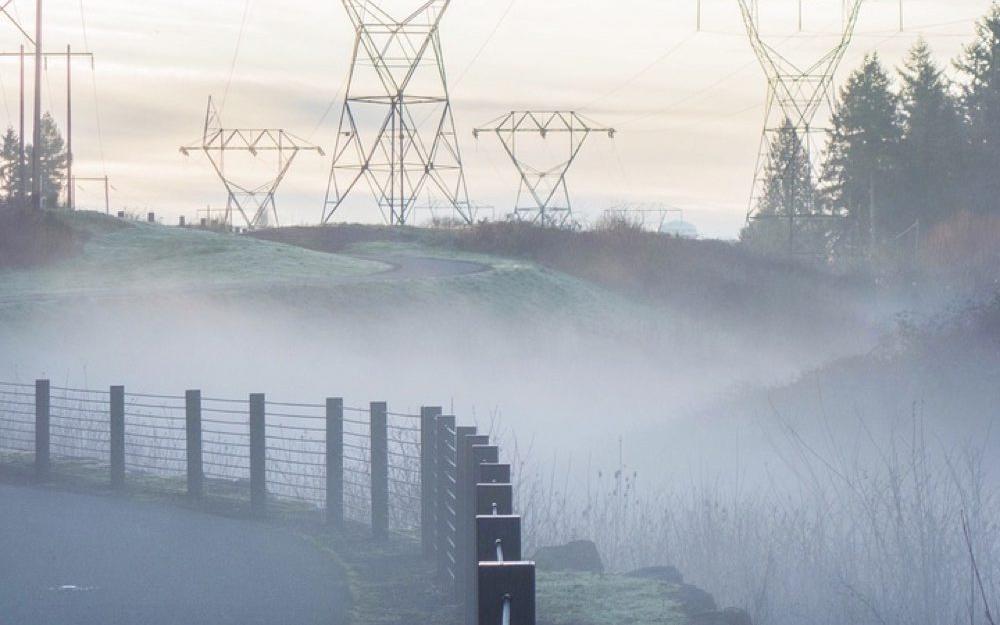It wasn’t that long ago that CIBC chief economist Jeff Rubin quit his job to write a book explaining why $200-per-barrel oil was just around the corner.
That he was so quickly and thoroughly proven wrong was less a reflection of his predictive skills than a result of a pair of technological innovations that completely upended the supply curve.
Horizontal drilling, when combined with multi-stage fracturing techniques – fracking, in other words – unlocked reservoirs previously thought to be inaccessible. Now, if there’s a worry that energy economists have, it’s that there’s too much oil out there.
The next game-changing technological innovation in the oil and gas sector will almost certainly happen above the ground rather than underneath it.
These transformative technologies will be the focus of a panel at the Canada 3.0 conference in Calgary Oct. 28-30. The event is being held in partnership with the Canadian Energy Supply Chain Forum.
“There are a bunch of technologies that are relatively easy or close or make good economic sense right now,” says the CMC Research Institutes’ Richard Adamson, “many of which have an IT component to them – things like energy networking and efficiency through increasing the connectivity of industrial processes.”
Adamson, who will be a panelist at Canada 3.0, thinks there’s also work to be done in places where there isn’t that connectivity – not an unusual situation in an industry that tends naturally towards the proprietary and closed rather than the shared and open.
“Some of the stuff that we do has absolutely huge volumes of data (seismic), and the problem of diversity of data sets where you’ve got multiple different data sets that need to be integrated in some way in order to understand or model what’s going on – that’s also critical.”
That process of integration is also extending right down to the field, where the relationship between workers and equipment is changing in profound ways. According to McRock Capital’s Whitney Rockley, another Canada 3.0 panelist, that includes equipping field workers with tablets, smartphones and other pieces of technology, and loading them up with apps that make their work more efficient and effective.
“There’s now a whole onset of industrial apps, where your phone or tablet could connect, if you’re an operator in the field, to the various pieces of equipment so you can actually understand in real time what’s happening to them.”
But the more interesting – and more potentially transformative – development is the manifestation of the so-called “Internet of Things” in the oil and gas industry. Cisco has estimated that by 2020, 50 billion devices will be connected to the Internet, and machine-to-machine connections will also increase exponentially over that period.
That combination of interconnectivity and sheer computational power will, in Rockley’s view, completely change the way business is done in the energy sector.
Plenty of pieces of equipment already have sensors attached to them and are capable of transmitting data. Once more of those sensors are implemented and more data is captured, she says, the potential applications are nearly unlimited.
“The disruptive piece today, on the industrial side, is really around analytics and what you do with that data,” she says. “It’s about predictive and prescriptive analytics, particularly as they relate to field assets.”
Not only do these predictive analytics explain why a piece of equipment is down, but they’ll tell operators the best course of action to get them up and running again as quickly as possible.
Better still, they’ll be capable of interacting with and learning from each other, which means that if one drilling rig goes down with a particular mechanical issue, the others will learn from that failure and adjust accordingly.
“So now you’re not just predicting what’s going to happen with individual pieces,” she says. “You’re actually understanding and learning from all of the various assets that you have in the field.”
And while this would have been a more difficult sell in the notoriously conservative oil and gas sector a few years ago, Rockley says the fact that big players like Royal Dutch Shell are aggressively embracing trends like the digital worker and the Internet of Things means other companies will start to as well.
“That’s the one question you get asked a lot: What’s changed? If you look back at the industry, it’s inherently conservative and technically very sophisticated, and we’ve had promises of things like the digital oilfield for 10 or 15 years. Have things really changed?
“And the answer is: absolutely.”
